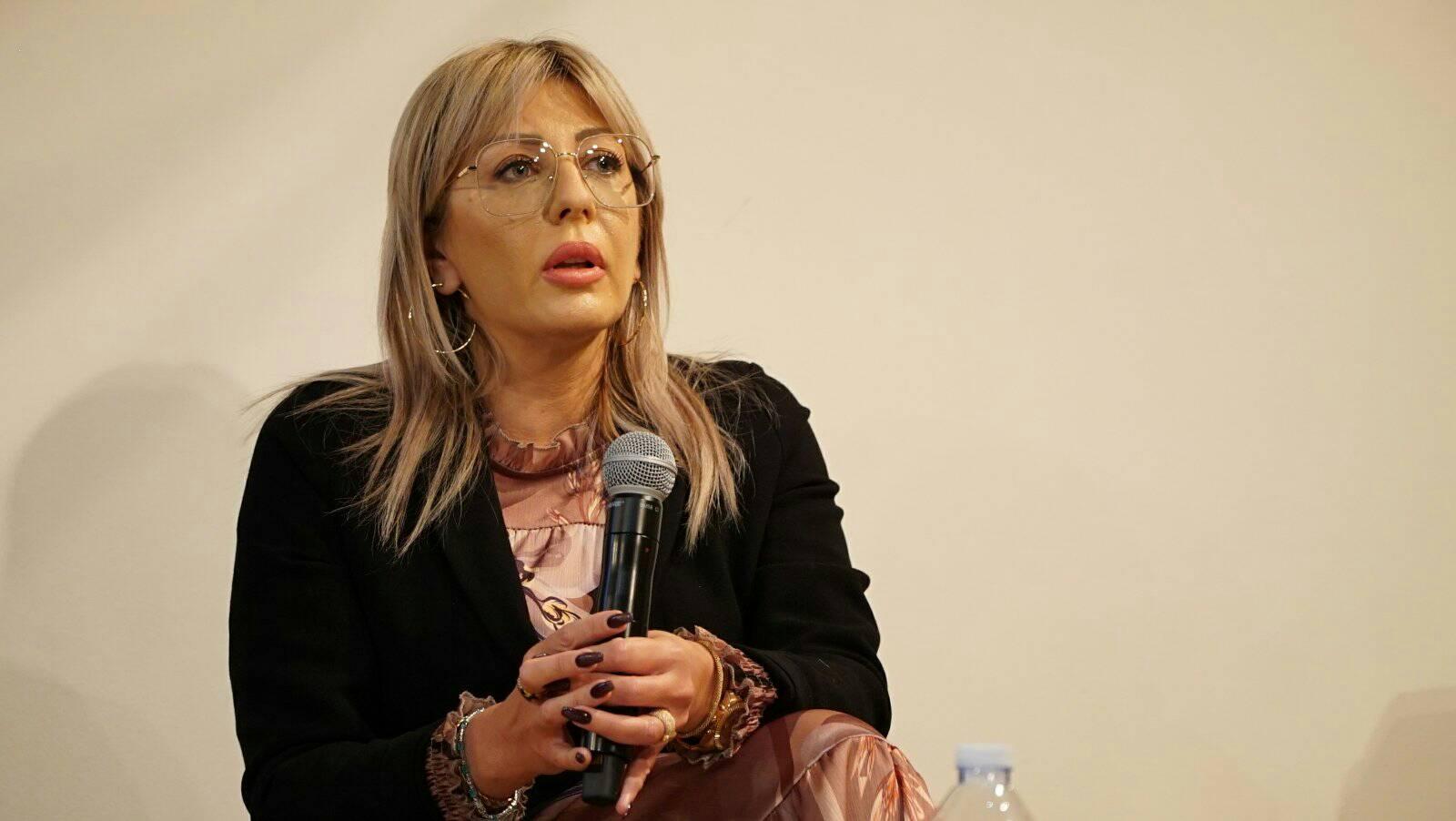
Minister of European Integration Jadranka Joksimović has stated today that Spain will support the opening of two clusters within Serbia’s European integration process, assessing that the topic of EU enlargement is becoming more important in the EU itself despite various challenges and stagnation that more or less everyone in the region feels.
According to her, the conference ‘The European Union’s next enlargement: Prospects and pitfalls’ confirms it. Namely, Joksimović has attended this conference which has been organised in Madrid today.
“For us and for our citizens, Spain is undoubtedly one of the greatest friends in the European Union, we have excellent bilateral relations and that is a country which has been consistent in its principled policy both towards enlargement and towards Serbia”, says Joksimović.
In that sense, the Minister believes the conference to be an extremely important format where she could present everything that Serbia has done, what she expects in the upcoming period and what she sees as potential challenges not only for Serbia and the enlargement process, but also for the entire Western Balkans.
As the key message from today’s meeting, particularly the bilateral meeting she has had with Juan González-Barba Pera, the State Secretary for the European Union, Joksimović highlights the fact that Spain has announced that it will support the opening of both clusters with Serbia: Cluster 3 – Inclusive growth and competitiveness, and Cluster 4 – Green Agenda and sustainable connectivity.
“Spain believes, just as the Progress Report notes, that Serbia has done really a lot in the previous years”, says Joksimović, adding that they believe that Serbia has intensified its activities carried out in line with the new methodology, both in the area of the rule of law, and in terms of fulfilling the opening benchmarks for clusters 3 and 4.
Joksimović recalls that Cluster 3 covers eight chapters, while Cluster 4 includes four chapters.
She notes that González-Barba Pera told her that the Government of Spain thought that support for the opening of both clusters was a credible response of the EU, at least on Spain’s part, to everything Serbia had demonstrated in the previous period.
According to her, support to cluster opening is credible, particularly bearing in mind the gravity of the situation for the entire European Union in terms of COVID-19, as well as for the region, including Serbia.
“They think it is important that we haven’t lost enthusiasm, that we have truly actively prepared to respond to the requirements of the new methodology, to do everything in our power to accelerate the process and give it new dynamism, but, I have to say, this will depend on the decision of all Member States”, says the Minister.
Joksimović believes that it is vital that Spain has sent Serbia a positive messages, as Spain is a big and important country.
“Even though all Member States are important, this attitude is important for us because it is expressed by a very respectable country which is our great friend. It always means a lot to me personally, as the Chief Negotiator and Minister of European Integration, to hear that Serbia receives support from Spain for what is part of our accession process, so, for us, the announcement that they will support the opening of both clusters is additional proof of really good bilateral relations and Spain’s sincere support to the entire region, especially to Serbia”, says Joksimović.
“At the conference, at a seminar where representatives of the region also participated, there were a lot of expressed frustrations concerning the EU enlargement policy, particularly regarding the situation with North Macedonia and bilateral conditionalities that exist on their European path”, notes Joksimović.
She adds that the conference was also attended by the representatives of Albania and Montenegro and that it was evident that most partners in the region felt the stagnation of the process.
The Minister believes everyone should be more optimistic, because, in the end, everything is done for the sake of the societies and countries in the region.
She adds that the countries of the region expect it to be followed by a credible accession process and dynamism that will follow the realistic reforms implemented in the region’s societies.
She believes that Serbia will make an important step at the Intergovernmental Conference by the end of the Slovenian presidency.
“Whether that will include the opening of one or two clusters, I cannot yet confirm, because the Member States are still analysing and have yet to give their opinion on whether Serbia deserves to open one or two clusters. I personally think and I am absolutely very openly saying that we have long deserved progress in negotiations”, stressed the Minister.
According to her, the Spanish public and participants at the Elcano Royal Institute, a Spanish institute dealing with key foreign policy issues, only have good things to say about Serbia both in regards to its responsibility during the migrant crisis and its response to the pandemic, vaccination, and solidarity demonstrated not only towards the region but also towards the European Union.
Joksimović adds that they see Serbia as a country that does not only ask what the EU can do for it, but also what it can do in its position for its neighbours and the rest of the European Union and how it can contribute to the strengthening of the entire European continent.
According to her, the conference also discussed whether the Western Balkan representatives should participate in the Conference on the Future of Europe.
“My position is very clear – if you count on us in terms of challenges, then you must give Serbian citizens and all other citizens in the Western Balkans an opportunity to say how they see the future of the entire European continent”, says Joksimović.
She adds that other bilateral issues were discussed as well.
Joksimović participated at the conference, which was organised in coordination with the Slovenian EU presidency in Madrid, at the invitation of Charles Powell, the Director of the Elcano Royal Institute.
Source: Tanjug



















